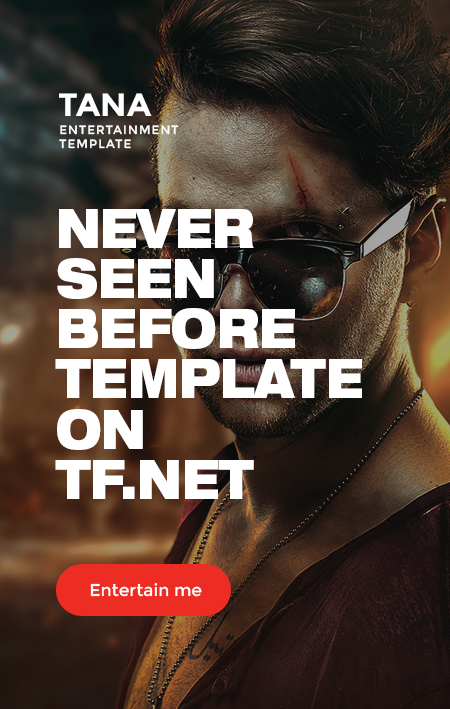Just four days after Genevieve Nnaji’s directorial debut Lionheart arrived on Netflix, a clip of a pirated copy being hawked in Lagos traffic hit social media yesterday. Recorded by a man in a car who was clearly miffed at the hawker and rebuked him for what he was doing, the problem of piracy has been a monstrous enemy of Nollywood undercutting the existence of the industry.
Less than one week after its release on Netflix, #LionHeart is already being sold in traffic. Piracy is a crime and it needs to end in Nigeria!
.#Olorisupergal #OSG
?afromoviehub pic.twitter.com/j3AcTpOVYr— Olorisupergal (@OloriSupergal) January 7, 2019
Following the Lionheart fiasco where film distributors reportedly refused to show the movie in cinemas, movie piracy has reared its familiar, ugly head again, latching onto the dizzying popularity the movie had garnered and milking it for gains. Granted, piracy has helped establish the dominance of Nollywood movies via the piracy megalith structure of Alaba, but it has fast gained a unique reach in market audience – proliferation of movies means these movies come cheaper in prices and accessibility. and altogether existing perfectly in a film ecosystem in which the cinema chain belongs.
I really don’t want to be Genevieve Nnaji right now, having put so much hard work into the production of her first directorial tryout, only to have the parasitic problem of piracy sink its teeth in. In cinemas, a movie’s lifespan is fleetingly short and transient, which means that movies are only allowed a brief window to show in theaters before new releases emerge. By contrast, pirated movie copies can exist for a long time in circulation, aided and abetted by those who love them. It will be a Herculean task trying to fix Nollywood’s piracy problem, given that the practice is a means of livelihood and also a function of the mass unemployment that has bedeviled the country.
When Bernard Dayo isn’t writing about pop culture, he’s watching horror movies and reading comics and trying to pretend his addiction to Netflix isn’t a serious condition.







Leave a reply